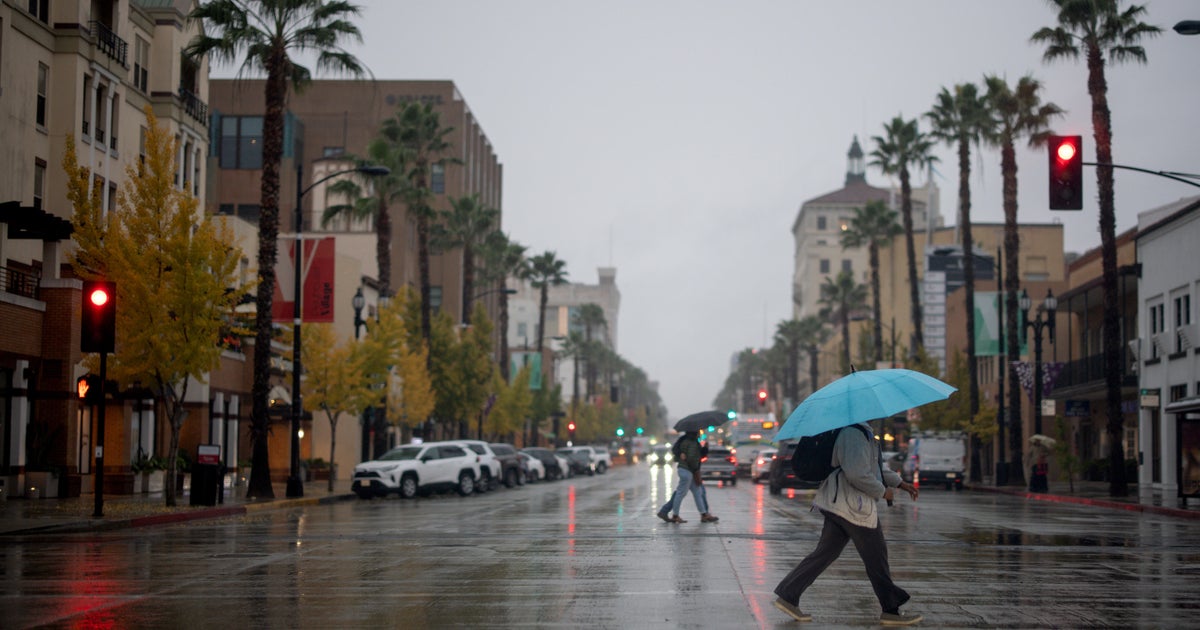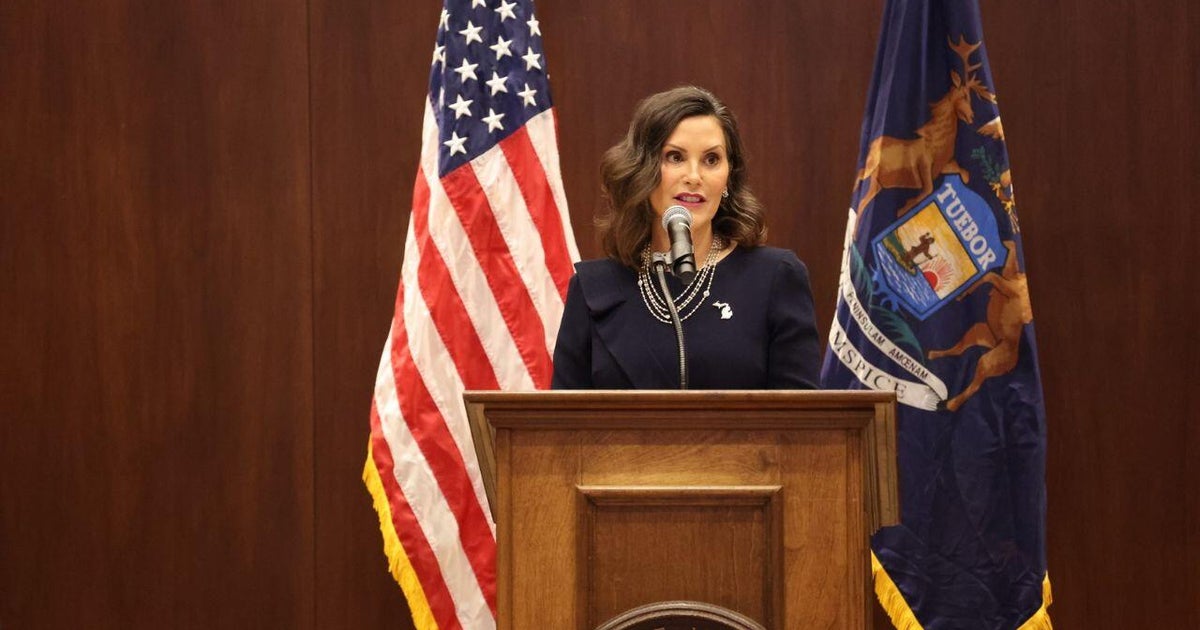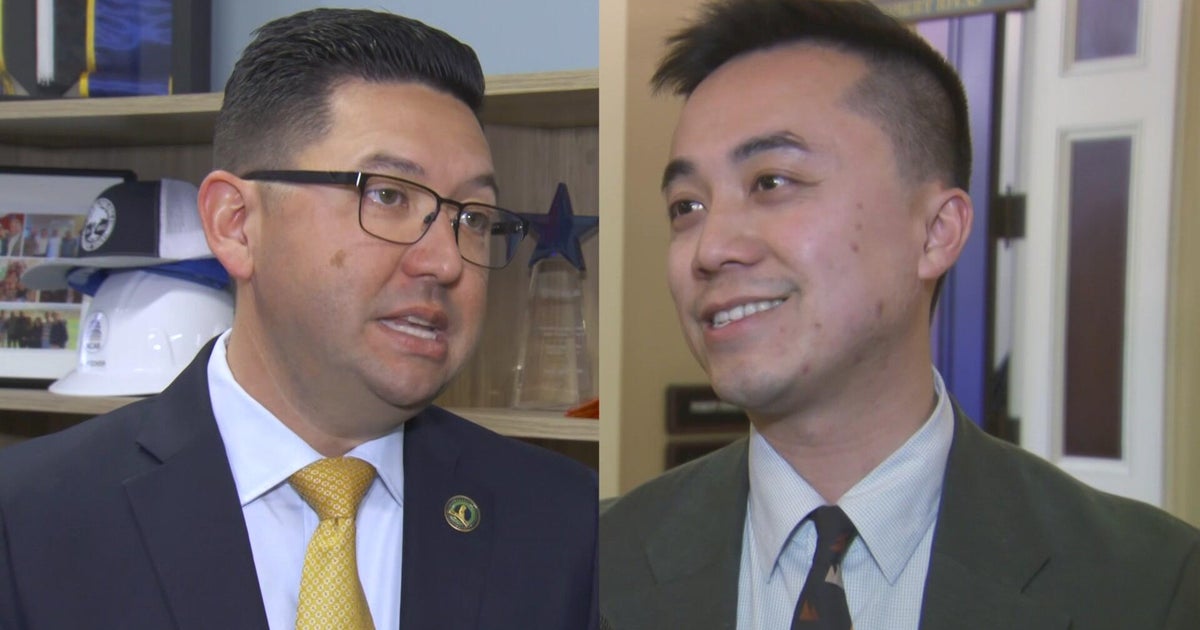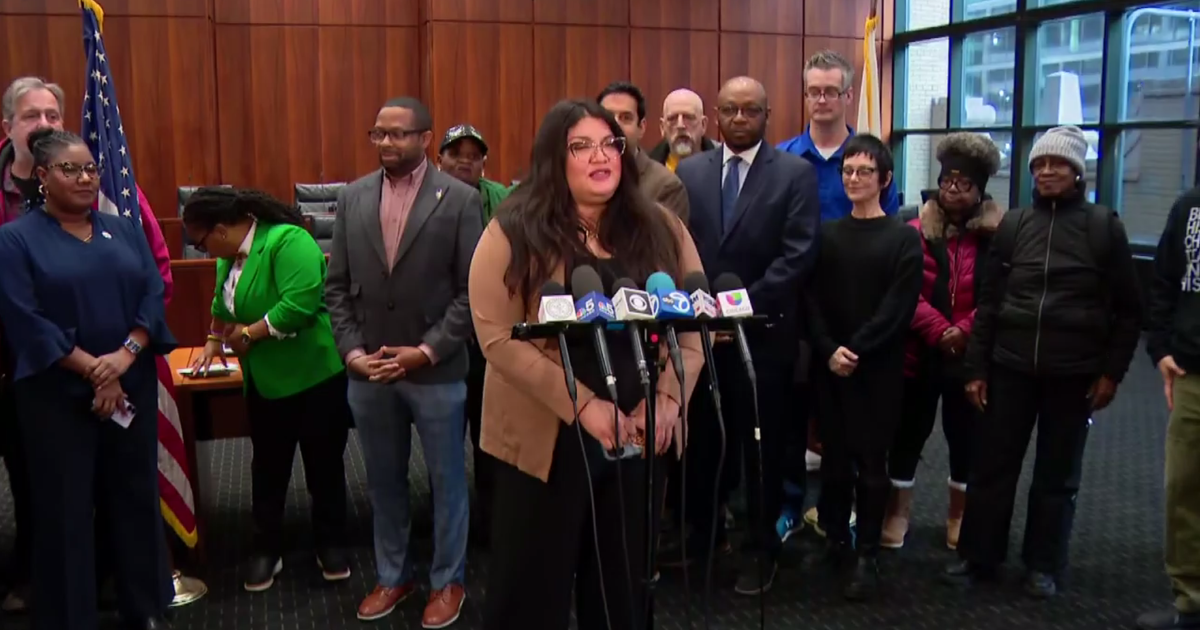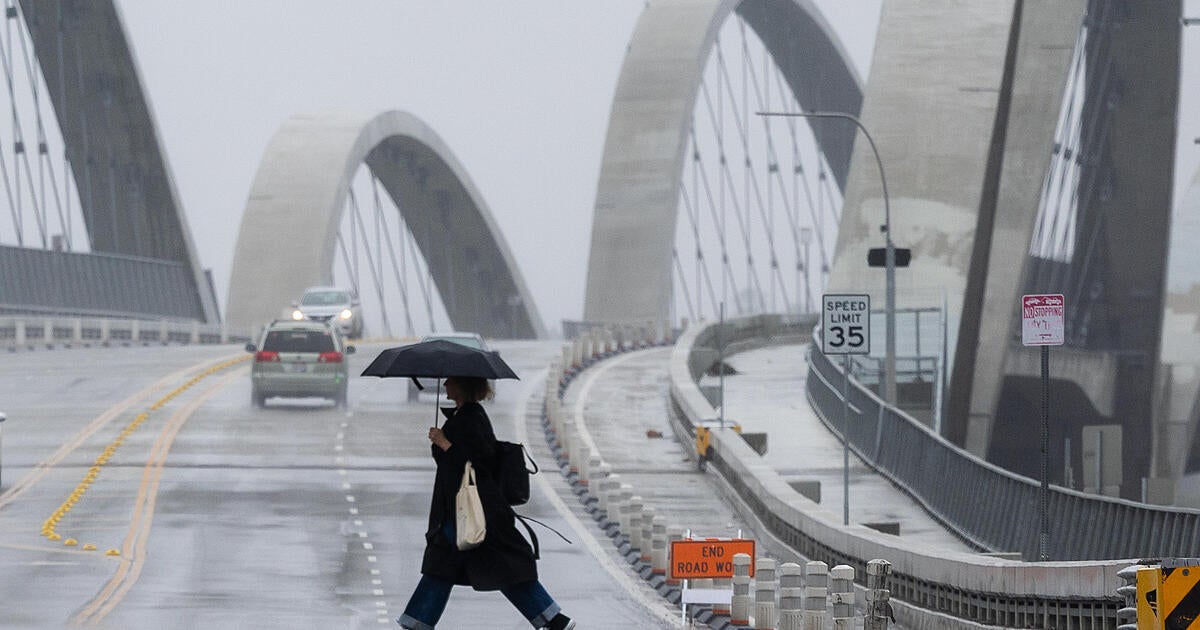California Assembly Approves Fracking Bill
SACRAMENTO (AP) — Oil and gas drillers that use a technique known as fracking would face new rules in California under legislation that is one step away from the governor's desk.
The measure includes a requirement that drillers disclose the chemicals they use in the process of hydraulic fracturing, which involves injecting water, sand and chemicals into deep rock formations to release oil or natural gas.
Assembly lawmakers voted 47-14 Wednesday to approve the plan amid concerns from conservation groups over last-minute changes affecting environmental reviews.
The legislation is expected to get a final vote Thursday in the state Senate. Evan Westrup, a spokesman for Gov. Jerry Brown, said the governor intends to sign the measure.
Environmentalists across the nation have raised concerns about fracking, questioning whether the chemicals used could harm public health or air and water quality. Industry officials say fracking has been practiced for decades, proving the technique to be safe.
Drilling companies are exploring whether fracking could help them access oil in California's Monterey Shale.
Under SB4, from Sen. Fran Pavley, D-Agoura Hills, state officials would have to complete a study by January 2015 evaluating risks from fracking and other well-stimulation techniques, such as using acid to break apart oil-rich rocks. The bill also would require drillers to seek permits and notify nearby landowners before starting work.
The legislation also calls for a state website to publicly list the chemicals used in fracking. Nearby landowners would have a chance to have their water wells tested before and after fracking occurs.
"Without this bill fracking will continue to go on without oversight," Assemblyman Adam Gray, D-Merced, said during debate. "It's a good bill. It's good for Californians."
Assemblywoman Shannon Grove, R-Bakersfield, said the Legislature should wait for pending regulations from the California Department of Conservation's Division of Oil, Gas, and Geothermal Resources. All California oil wells currently are subject to the same regulations, with no specific rules for those using hydraulic fracturing.
"It's like you want the Sierra Club to approve anything that goes forward. We need jobs for growth in this state," she said.
Though the department aims to approve its regulations next year, environmental advocates and some Democratic lawmakers say state regulators have done too little to keep up with the industry.
SB4 was the only fracking regulation bill to pass the Assembly this year. A half-dozen measures proposing fracking rules died in the chamber in the spring.
Assemblyman Richard Bloom, D-Santa Monica, who authored one of failed bills that would have temporarily halted the practice in California, said Wednesday that he still supports a moratorium, but SB4 is "the next-best alternative."
"I don't believe for a moment that this bill will preclude my ability or anyone else's ability to try to move something stronger forward," Bloom said.
After the vote, environmental groups blasted the legislation as weak and condemned changes that they say would exempt drillers from complying with the California Environmental Quality Act. Pavley's staff disputes that view and says environmental reviews would still occur.
"At a time when the legislative process failed to protect our environment and our safety, we are calling on Gov. Brown to halt all fracking in California," said Dan Jacobson, legislative director for Environment California.
Brown spokesman Westrup said after the vote that the administration worked with the Legislature "to craft a bill that comprehensively addresses potential impacts from fracking, including water and air quality, seismic activity and other potential risks."
"SB 4 is an important step forward and the governor looks forward to signing it once it reaches his desk," Westrup said in a statement.
State lawmakers also approved a bill this week that would increase the bonding amounts that oil and gas drillers must post in case a well is abandoned or an operator is unable to pay for environmental damage. Under SB665 from Sen. Lois Wolk, D-Davis, those bonding requirement would increase for the first time since 1998.
(© Copyright 2013 The Associated Press. All Rights Reserved. This material may not be published, broadcast, rewritten or redistributed.)

